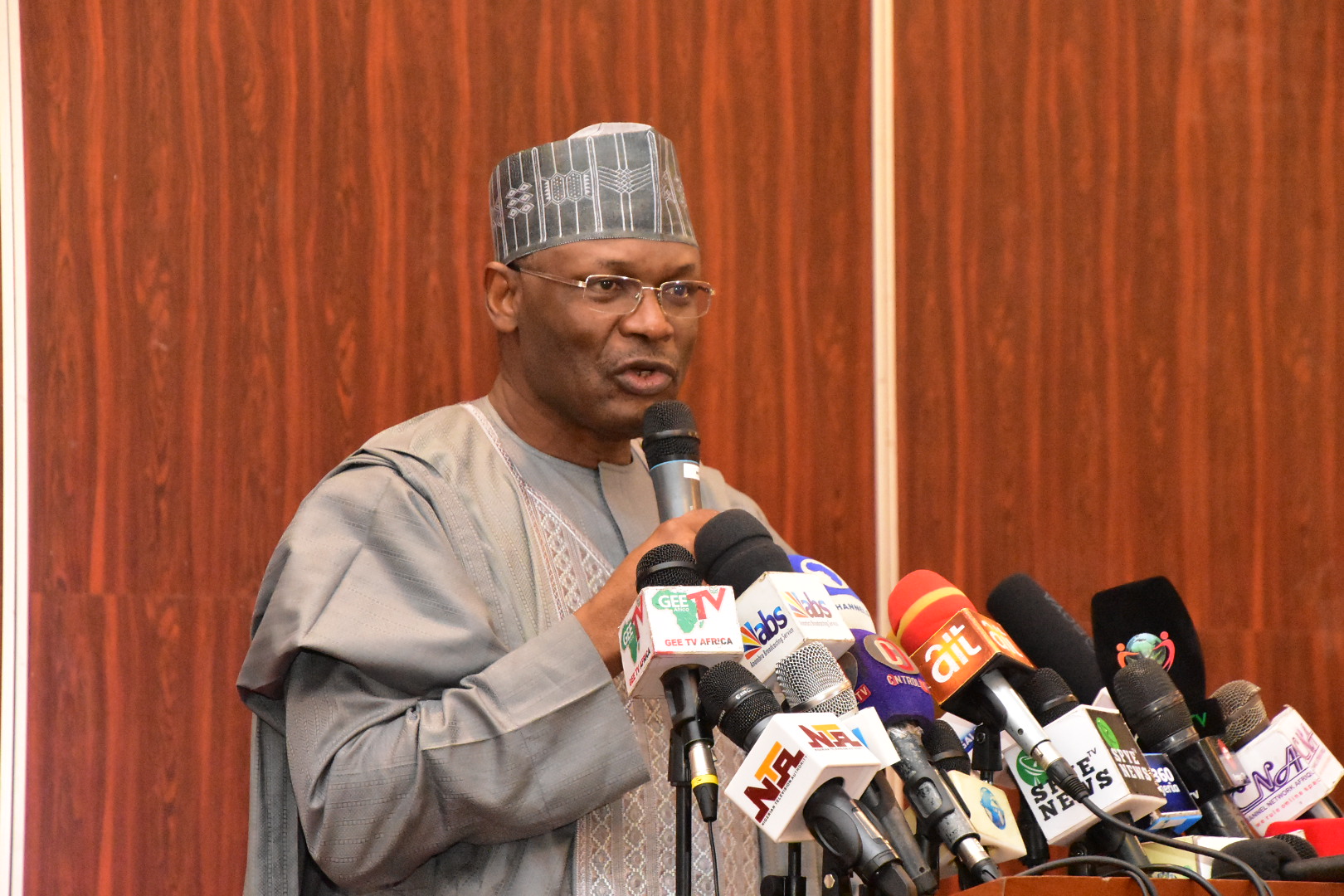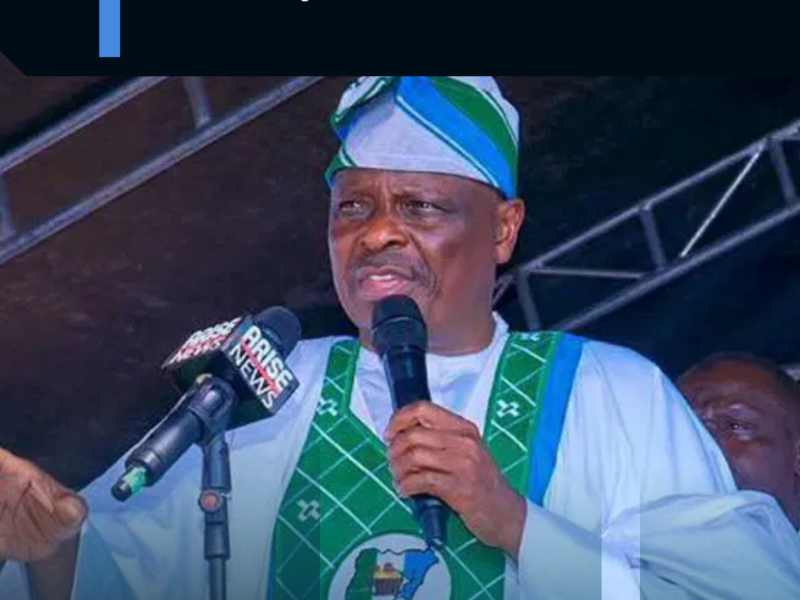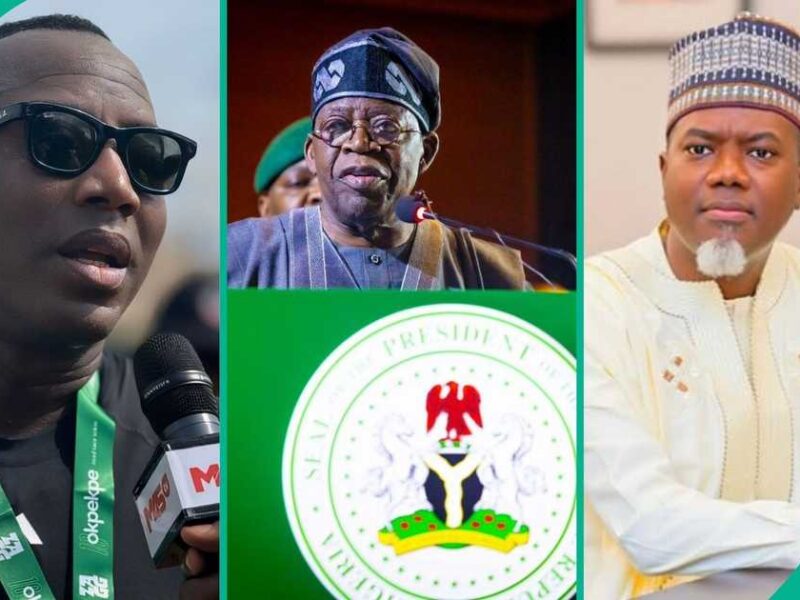The Independent National Electoral Commission (INEC) has stated that it is legally prohibited from punishing candidates who have started running for office in advance of the general election in 2027.
Mahmood Yakubu, the chairman of INEC, said this at a roundtable of stakeholders on premature political campaigns on Wednesday, September 10, in Abuja.
Yakubu clarified that although the Electoral Act 2022’s section 94(1) forbids campaigning more than 150 days before to voting, the law does not specify penalties for infractions of this rule. As the registrar and regulator of political parties, Nigerians rightly expect INEC to take action against the egregious legal violations during the early stages of the campaign. But the statute itself is the commission’s biggest obstacle,” he stated.
He added that section 94(2) only allows a fine of up to N500,000 for campaigns within 24 hours of polling day, leaving the commission powerless against widespread early campaign activities. According to Yakubu, politicians and their supporters have continued to hold rallies, unveil billboards, and run media campaigns in defiance of legal limits, undermining INEC’s ability to track campaign finance.
The commission invited lawmakers, party leaders, civil society organisations, and regulators to the forum to explore solutions. “As the National Assembly is currently reviewing our electoral laws, we have invited the leadership of both the Senate and House of Representatives committees on electoral matters. I am confident they will give due consideration to actionable recommendations,” Yakubu said.
INEC National Commissioner Abdullahi Zuru described early campaigns as one of the most worrying challenges of Nigeria’s democracy. He said aspirants exploit cultural festivals, religious events, billboards, branded vehicles, and social media influencers to promote themselves prematurely. “When aspirants or parties compete to dominate visibility long before the official campaign period, it distorts fairness and raises the cost of political competition,” Zuru said.
He warned that the trend distracts elected officials from governance, erodes public confidence in the electoral system, and fuels cynicism about the rule of law. “We must refine the regulatory framework so that what constitutes premature or early campaigning is more clearly defined in today’s digital age,” he added.


